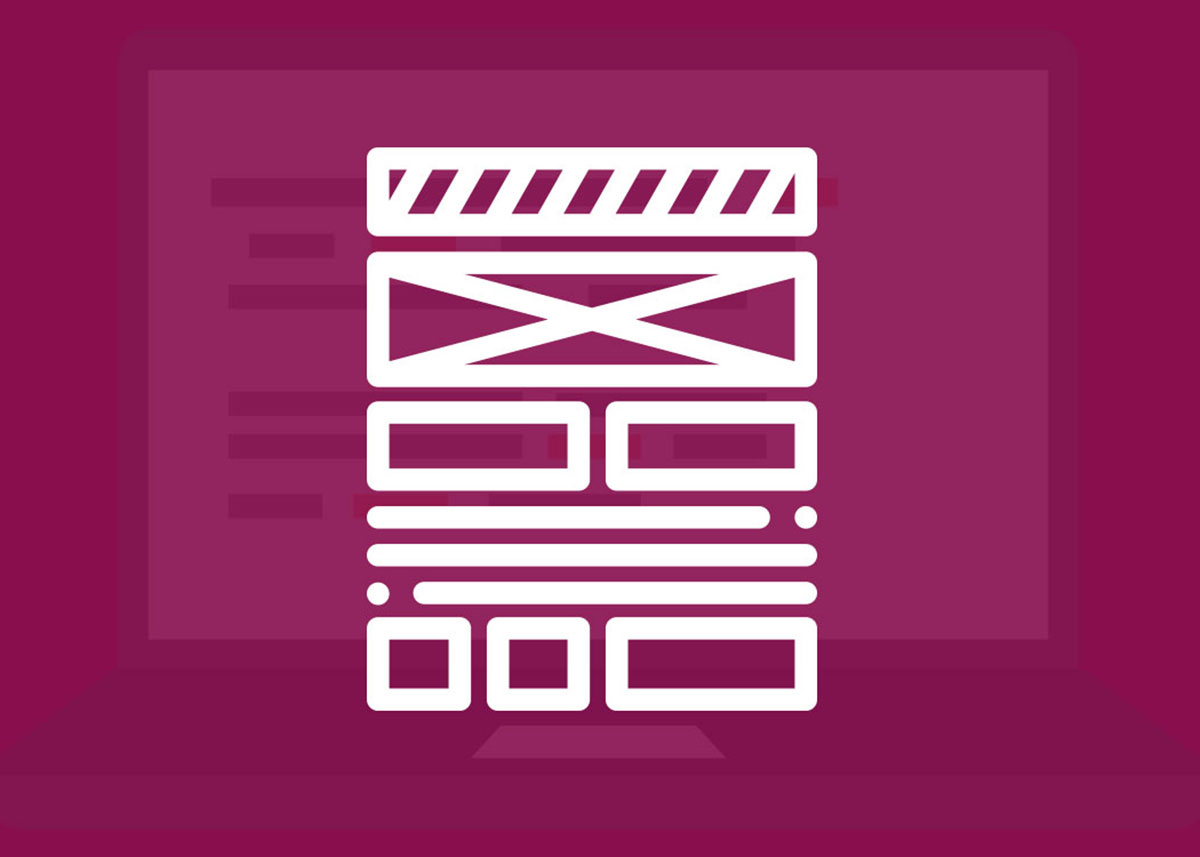

PhD candidates of the Erasmus Graduate School of Social Sciences and the Humanities ( EGSH) assisted us in the choice of relevant topics and the design of the more advanced modules, especially about doing the literature review. Risbo, the independent training and advice institute of the EUR, advised and assisted us with the design of the portfolio. That's why we used the educational model of John Keller, ARCS (Attention, Relevance, Confidence en Satisfaction) as the basic design principle. Just offering videos is tempting, but is not sufficient if you also want students to get motivated in their learning process. So instead of courses with lots of text, these modules consist of a combination of short introductory videos, interactive exercises, short texts and hand-outs. As an instructor or supervisor you can choose topics relevant to your students to embed in your Canvas course, or ask for an hands-on workshop if you think your students could do with more practical training. The last five - from doing a literature review to managing data and publishing & profiling issues - are of more interest to (research) master students and PhD candidates. The first five guides - about the basics of searching, finding, citing, evaluating (scholarly) information and data, and integrity issues - are more focused on BA 1-3 level. The topics are grouped in ten guides that follow the research cycle and can be worked through separately, when needed.

This means a 24/7, freely available portfolio consisting of short modules, each covering one specific topic, from bachelor student level to PhD candidate level.



 0 kommentar(er)
0 kommentar(er)
